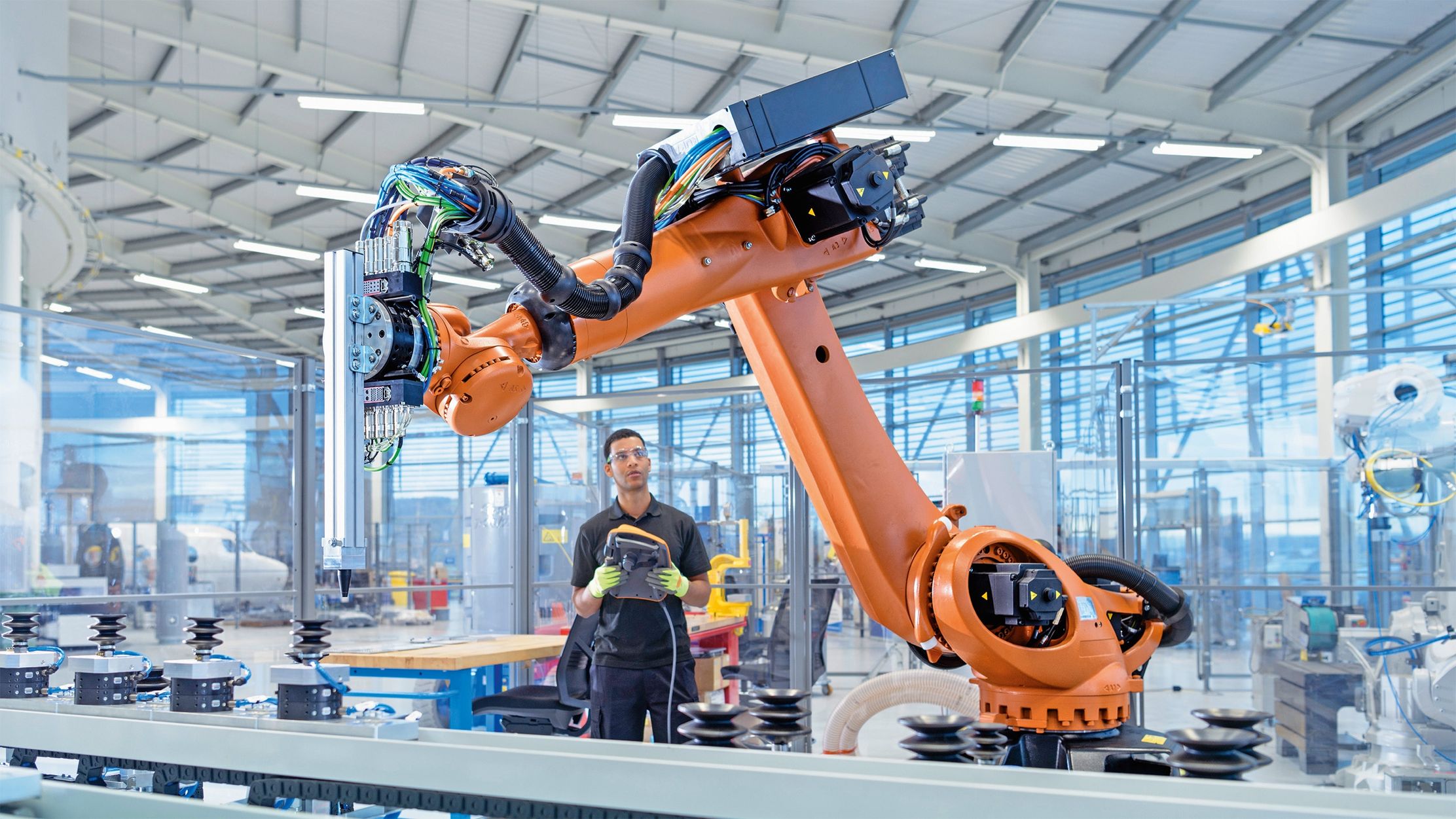Pulse of Information
Your source for the latest insights and updates.
Robots on the Rise: Are They Coming for Our Jobs?
Discover how robots are transforming the job market and what it means for your future! Are you ready for the rise of the machines?
The Future of Work: How Robots and Automation are Reshaping Employment
The future of work is increasingly influenced by robots and automation, technologies that are reshaping employment across various industries. As businesses strive for greater efficiency and productivity, the integration of automated systems has become a top priority. These advancements lead to significant changes in job roles, with repetitive and manual tasks often being replaced by machines. Consequently, workers are compelled to adapt by developing new skills that complement these technologies, emphasizing the need for continuous learning and upskilling.
Moreover, the rise of automation presents both challenges and opportunities. On one hand, there is a legitimate concern about job displacement, as many traditional roles may become obsolete. On the other hand, automation creates new positions that require human oversight and management, paving the way for careers in robotics, software development, and other tech-driven fields. To navigate this evolving landscape, organizations must prioritize employee training and create a culture that embraces technological advancements, ensuring a smoother transition into the new world of work.

Myth vs. Reality: Are Robots Really Taking Over Our Jobs?
Many people believe that robots are rapidly taking over jobs, painting a dystopian picture of the future workforce. This myth often stems from media portrayals and sensationalist narratives that emphasize automation's rapid growth. However, the reality is more nuanced. While advancements in robotics and artificial intelligence (AI) have indeed changed many job functions, they are also creating new opportunities and roles. For instance, robots excel in repetitive tasks, allowing humans to focus on more complex and creative responsibilities. This shift not only increases productivity but also enhances job satisfaction, as workers engage in more meaningful activities.
Moreover, rather than outright replacing humans, robots are more likely to complement our skills. Industries such as manufacturing, healthcare, and agriculture have integrated automation to assist workers rather than eliminate them entirely. A recent report highlights that robotics in these sectors has led to a demand for skilled labor to operate and maintain these machines. Consequently, the narrative that robots are stealing jobs overlooks the significant workforce transformation happening around us. As we continue to harness technological advancements, it is essential to focus on adapting our skills, fostering collaboration between humans and machines, and embracing the future of work.
Preparing for Change: Skills You Need in an Automated Workforce
As we embrace the age of automation, one fundamental question arises: what skills do we need to thrive in an automated workforce? Preparing for change requires a proactive approach to skill development. Individuals should focus on enhancing their critical thinking and problem-solving abilities, as these skills will be essential in navigating complex challenges that automated systems may present. Additionally, developing strong collaboration and communication skills will enable individuals to work effectively alongside both humans and AI, ensuring that teamwork remains a cornerstone of productivity.
Moreover, technical literacy is becoming increasingly vital in an automated environment. This includes not only understanding how to operate automated tools and software but also having a grasp of data analysis and coding basics. Preparing for change means being adaptable and willing to learn new technologies as they emerge. Finally, cultivating emotional intelligence is crucial, as it fosters the ability to manage interpersonal relationships judiciously and empathetically, an aspect of human interaction that automation cannot replicate.